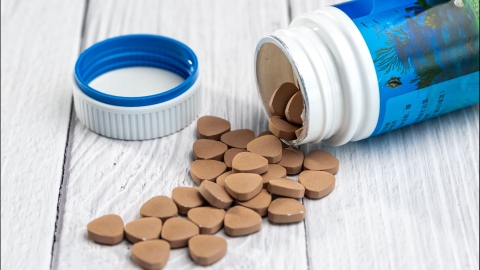How should patients with gallstones supplement calcium?
For patients with gallstones, calcium supplementation can generally be achieved by choosing low-fat, high-calcium foods; prioritizing organic calcium supplements; taking calcium with meals; combining calcium intake with vitamin D to enhance absorption; and controlling the daily dosage of calcium. Specific recommendations are as follows:

1. Choose low-fat, high-calcium foods: Consume more low-fat milk, sugar-free yogurt, tofu, and dark green vegetables. These foods are rich in calcium and low in fat, effectively providing calcium without stimulating gallbladder contraction, thus helping prevent gallstone-related discomfort and meeting the dietary needs of patients.
2. Prioritize organic calcium supplements: If additional calcium supplementation is needed, prefer organic forms such as calcium citrate or calcium gluconate. These types of calcium do not require large amounts of gastric acid for absorption, cause less gastrointestinal irritation, and do not increase the metabolic burden on the gallbladder, making them more suitable for gallstone patients compared to calcium carbonate.
3. Take calcium supplements with meals: Taking calcium during or immediately after meals allows food to slow down the transit of calcium in the gastrointestinal tract, promoting better dissolution and absorption. This also helps avoid gastrointestinal discomfort that may occur when calcium is taken on an empty stomach, reducing adverse effects on the body.
4. Combine calcium with vitamin D to enhance absorption: Vitamin D improves intestinal absorption and utilization of calcium. Patients can consume moderate amounts of vitamin D-rich foods such as egg yolks and deep-sea fish, or take vitamin D supplements under medical guidance to ensure effective calcium absorption and prevent inadequate supplementation results.
5. Control daily calcium dosage: Total daily calcium intake should be kept within recommended levels based on age and individual health needs. Excessive calcium intake may increase metabolic burden and potentially lead to other health issues. The appropriate dosage should be discussed with a doctor to develop a personalized calcium supplementation plan.
Before starting calcium supplementation, gallstone patients should consult their doctor to determine whether they truly need extra calcium and which method is most suitable. If symptoms such as abdominal pain or indigestion occur, the supplementation plan should be adjusted promptly and medical advice sought.









